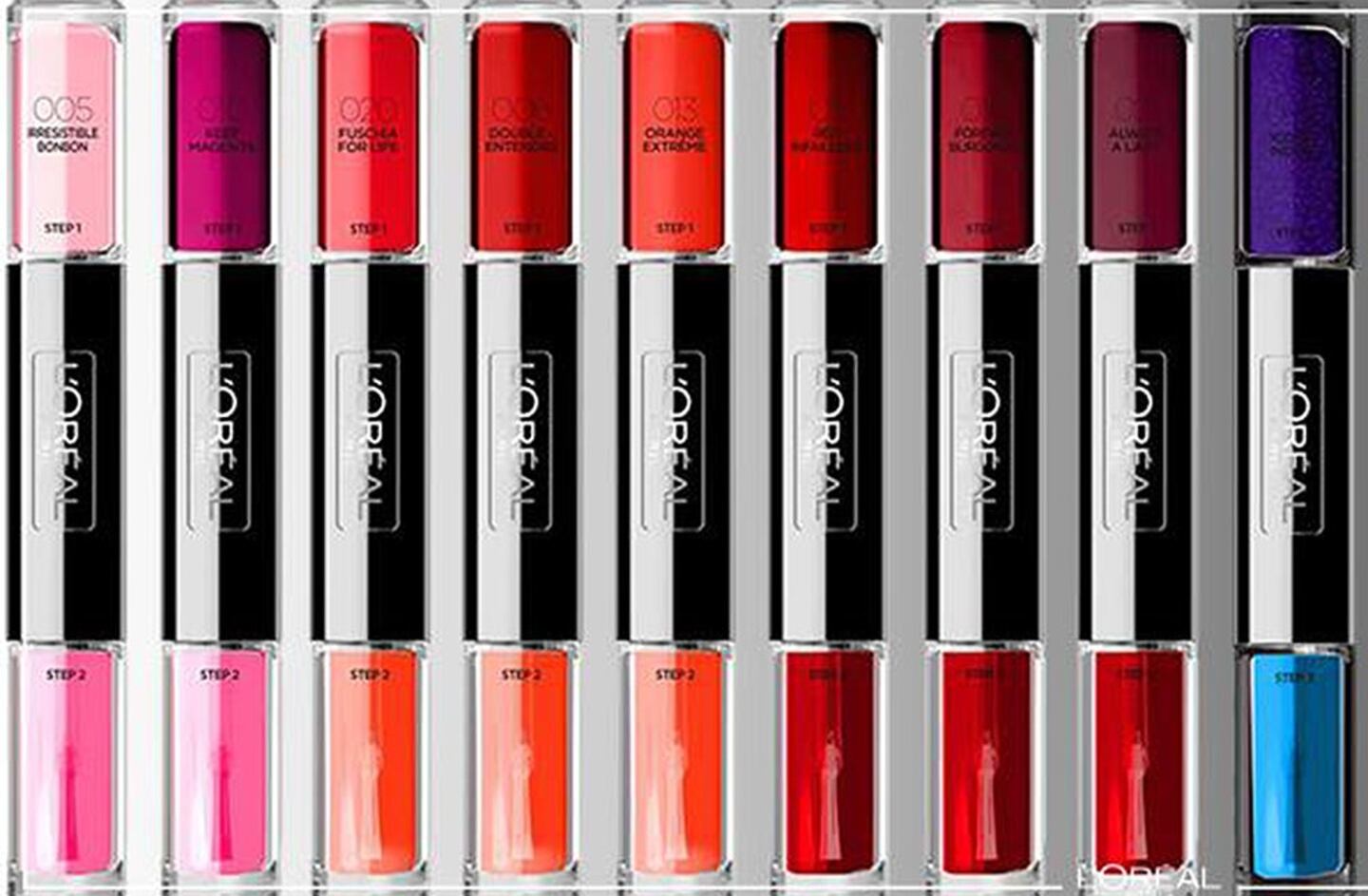
The Business of Fashion
Agenda-setting intelligence, analysis and advice for the global fashion community.

Agenda-setting intelligence, analysis and advice for the global fashion community.

PARIS, France — Activist investor Dan Loeb's pressure on Nestlé SA to sell its stake in L'Oréal SA could lead to the unwinding of another long-standing investment:L'Oréal's €10.4 billion ($11.6 billion) holding in French drugmaker Sanofi.
L’Oréal owns about 9.4 percent of Sanofi, and speculation has swirled for years that the Paris-based cosmetics company would sell the stock to help pay for a repurchase of Nestlé’s L’Oréal shares. The pharmaceutical company’s stock has returned 13 percent a year over the past five years, including dividends, though the shares are down about 12 percent from a record of €100.65 set in 2015.
Should the sales by Nestlé and L’Oréal come to pass, they would be testament to the growing power of activist investors in Europe: The region’s big companies may succumb to market pressure and unwind decisions made decades ago for political or strategic reasons.
A spokeswoman for L’Oréal declined to comment Monday on a potential sale by Nestlé and the possibility of L’Oréal divesting its Sanofi holding. A spokesman for France’s largest drugmaker also declined to comment.
ADVERTISEMENT
Nestlé took a stake in L’Oréal 43 years ago, at a time when the cosmetics maker feared nationalisation. Then-CEO Francois Dalle cut the deal with Nestlé as the French Socialist party called for a government takeover of the nation’s leading companies. L’Oréal, meanwhile, took control of a French drugmaker named Synthelabo back in 1973. Synthelabo combined with Sanofi in 1999, leaving L’Oréal as a key shareholder.
Analysts and investors have prodded Nestlé for years to sell the L’Oréal shares, saying it didn’t make strategic or financial sense to hold on to the stock.
Nestlé took a first step towards appeasing investors in 2014, when it sold 48.5 million L’Oréal shares back to the company. L’Oréal didn’t need to sell any of its Sanofi stock to pay for that buyback, and CEO Jean-Paul Agon said at the time the company was “very happy” as a Sanofi shareholder.
Third Point, Loeb’s hedge fund, said late Sunday it has amassed a $3.5 billion stake in Nestlé and is pushing the company to sell its €24.4-billion holding in L’Oréal. A representative for Nestlé was unable to immediately comment.
Nestlé has an agreement with L’Oréal’s biggest shareholder, the family of Liliane Bettencourt, that sets rules on what Nestlé can do with the stake, but some of those provisions expired in 2014. Nestlé no longer needs to offer the shares to the Bettencourt family if it decides to sell them. Bettencourt, 94, is the daughter of L’Oréal’s founder and the world’s wealthiest woman.
From analysis of the global fashion and beauty industries to career and personal advice, BoF’s founder and CEO, Imran Amed, will be answering your questions on Sunday, February 18, 2024 during London Fashion Week.
The State of Fashion 2024 breaks down the 10 themes that will define the industry in the year ahead.
Imran Amed reviews the most important fashion stories of the year and shares his predictions on what this means for the industry in 2024.
After three days of inspiring talks, guests closed out BoF’s gathering for big thinkers with a black tie gala followed by an intimate performance from Rita Ora — guest starring Billy Porter.